Dentures are an excellent solution for those missing teeth, restoring not just your smile but also your ability to eat a variety of foods. However, adjusting to life with dentures for our Hamilton patients can come with its challenges, especially when it comes to diet.
A Patient’s Story
Judy had always been a food enthusiast, relishing the diverse culinary offerings of Hamilton. However, she struggled to navigate her diet after getting her new dentures. Unsure of what foods would be best for her dentures, she faced a daunting task every time she sat down to eat. It wasn’t just about the physical discomfort but also about the emotional toll of feeling limited in her food choices.
Fortunately, with guidance from our team at Hamilton Dental Emergency Centre and a bit of trial and error, Judy gradually discovered what worked best for her.
Judy’s journey highlights the importance of patience and perseverance when adjusting to life with dentures. She could enjoy a healthy and fulfilling diet with the proper guidance and a willingness to experiment, proving that dentures don’t have to limit your culinary adventures.
In this guide, we’ll explore the best foods to eat with dentures, focusing on maintaining a balanced diet while avoiding foods that can damage dentures.
We’ll also provide a special section for those with sore gums due to extraction, receding gums, or other issues like ulcers to ensure they can still enjoy a healthy and delicious diet while adjusting to life with dentures from Hamilton Dental Emergency Centre.
Best Foods to Eat with Dentures:
- Soft Fruits and Vegetables: Opt for fruits like bananas avocados, and cooked vegetables such as carrots and squash. These foods are gentle on your dentures and easy to chew.
- Protein-Rich Foods: Choose soft proteins like eggs, fish, tofu, and ground meats. These provide essential nutrients for your body and are easier to chew with dentures.
- Dairy Products: Include dairy products like yogurt and soft cheeses in your diet. They are rich in calcium and protein, essential for maintaining healthy bones and teeth.
- Whole Grains: Choose soft bread, pasta, and rice. Whole grains are an essential source of energy and nutrients, and opting for softer varieties can make them easier to eat.
- Soups and Stews: These are excellent options as they can be packed with vegetables, proteins, and grains, providing a well-rounded meal that’s easy to eat.
- Smoothies and Shakes: Blend fruits, vegetables, dairy or plant-based milk, and protein powder for a nutritious and easy-to-consume meal or snack.
Foods You Might Want To Avoid in Your Life With Dentures:
- Hard Foods: Avoid hard candies, nuts, and crunchy vegetables like raw carrots, as they can damage your dentures.
- Sticky Foods: Stay away from sticky foods like caramel and chewing gum, as they can dislodge your dentures or cause discomfort.
- Tough Meats: Steer clear of tough cuts of meat that require extensive chewing, as they can strain your jaw and dentures.
What Foods Are Best When You Have Problems With Your Dentures?
If you’re experiencing sore gums, ulcers, or other oral issues. Then, it’s crucial to select foods that are gentle and soothing to avoid further discomfort. Here are some detailed recommendations:
- Cool and Soft Foods: Opt for foods like yogurt, smoothies, and ice cream. These foods are not only soft and easy to eat but also help soothe sore gums and provide relief. The coolness can also help reduce inflammation and discomfort.
- Avoid Spicy and Acidic Foods: Spicy and acidic foods can irritate ulcers or sore gums, exacerbating your discomfort. Instead, choose bland and neutral foods like plain rice, mashed potatoes, or boiled vegetables. These foods are gentle on your gums and less likely to cause irritation.
- Rinse with Salt Water: Rinsing your mouth with warm salt water can help reduce inflammation and promote healing. Mix a teaspoon of salt in a glass of warm water and swish it around your mouth for about 30 seconds before spitting it out. Repeat this several times a day, especially after meals, to keep your mouth clean and promote healing.
Take It Slowly: Transitioning To Solid Foods
For first-time denture wearers and those transitioning to solid foods, it’s essential to take things slow and make adjustments to your eating habits. Here are some detailed tips to help you navigate this transition smoothly:
- Start Slowly: Begin with soft, easy-to-chew foods like mashed potatoes, soups, and well-cooked vegetables. Gradually introduce more solid foods as you become more comfortable with your dentures.
- Chew Slowly and Carefully: Take small bites and chew your food thoroughly. This not only helps avoid discomfort but also ensures proper digestion, as your dentures may affect your ability to chew effectively.
- Practice Speaking: Reading aloud or practising speaking can help you get used to talking with your dentures. This is especially important in the beginning, as wearing dentures can impact your speech.
- Use Adhesive: If recommended by your dentist, use denture adhesive to help keep your dentures in place, especially when eating solid foods. This can prevent your dentures from shifting or becoming dislodged while you eat.
- Visit Your Dentist Regularly: Regular dental check-ups are essential to ensure your dentures fit properly and to address any issues early on. At Hamilton Dental Emergency Centre, we can also provide tips and advice on caring for your dentures and adjusting to wearing them.
- By following these tips, you can make the transition to wearing dentures and eating solid foods more manageable and enjoyable.
Suggested Meal Plan for New Denture Wearers
Here’s a suggested meal plan to help new denture wearers transition to solid foods:
Breakfast
- Soft scrambled eggs with smoked salmon and avocado
- Oatmeal with mashed bananas and a sprinkle of cinnamon
- Smoothie bowl topped with granola, nuts, and fresh fruit
Lunch
- Creamy pumpkin and ginger soup with crusty bread rolls
- Tuna and avocado salad served in a lettuce wrap
- Greek yogurt parfait with honey, nuts, and mixed berries
Snack
- Cottage cheese with sliced peaches and a drizzle of honey
- Green smoothie made with spinach, banana, and almond milk
- Rice cakes topped with almond butter and banana slices
Dinner
- Herb-roasted chicken breast with cauliflower mash and sautéed spinach
- Baked salmon with lemon-dill sauce, quinoa, and roasted vegetables
- Stir-fried tofu with vegetables and rice noodles
Dessert
- Rice pudding with a sprinkle of cinnamon and raisins
- Vanilla custard with poached pears
- Greek yogurt with honey and mixed berries
This enhanced meal plan provides a variety of flavours and textures while still being soft and easy to chew, making it perfect for new denture wearers transitioning to solid foods.
Tips for Living Comfortably with Dentures
- Take Your Time: Eating with new dentures may feel strange at first, but don’t worry. Start by eating soft foods, then gradually reintroduce your favourite foods as you become more comfortable.
- Seek Professional Advice: If you have any concerns about caring for your dentures, don’t hesitate to consult your dentist. They can offer advice and address any issues you may encounter.
- Address Fit Issues Promptly: If your dentures feel loose or don’t fit well, even with adhesive, see your dentist for adjustments. Eating smaller bites and choosing softer foods can help in the meantime.
- Practice Good Denture Care: Remove food particles from your dentures after eating to prevent tartar buildup and stains. Proper care will help maintain the appearance and function of your dentures.
- Consider Denture Adhesive: Use a denture adhesive that can improve the fit and stability of your dentures while eating. Always follow the manufacturer’s instructions for best results.
These tips can help you adjust to life with dentures and ensure a comfortable and enjoyable eating experience.
Ivoclar BPS® Dentures at Hamilton Dental Emergency Centre
At Hamilton Dental Emergency Centre, we proudly offer the exclusive Ivoclar BPS® denture system, providing our patients with the best dentures available in New Zealand. Our prosthetics team has extensive experience and is fully trained in the remarkable Ivoclar BPS® denture system, ensuring our patients receive the highest quality care and results.
Advantages of Ivoclar BPS® Dentures
- Durability: Ivoclar BPS® dentures are less likely to break or chip compared to traditional dentures, providing long-lasting and reliable performance.
- Natural Look and Feel: The Ivoclar BPS® system allows for a more natural appearance and feel, giving you confidence in your smile and comfort in your daily activities.
- Improved Functionality: With Ivoclar BPS® dentures, eating and speaking are easier and more comfortable, allowing you to enjoy your favourite foods and communicate clearly.
- Enhanced Comfort: Ivoclar BPS® dentures offer a more comfortable fit, reducing the risk of gum irritation and providing a secure, snug feel.
- Customised to Your Needs: The Ivoclar BPS® system allows for precise customisation, ensuring that your dentures fit perfectly and meet your unique requirements.
Conclusion: A Denture-Wearer’s Diet Guide
Dentures can significantly enhance the quality of life by restoring smiles and enabling a diverse diet. This guide has offered insights into eating well with dentures, emphasising a balanced diet and addressing challenges like sore gums and transitioning to solid foods.
At Hamilton Dental Emergency Centre, we provide the exclusive Ivoclar BPS® denture system, known for its durability, natural appearance, and comfort. If you’re considering dentures, contact us to learn more about how the Ivoclar BPS® system can enhance your eating experience and overall quality of life. With proper care, dentures can help you enjoy a confident smile and a fulfilling diet.

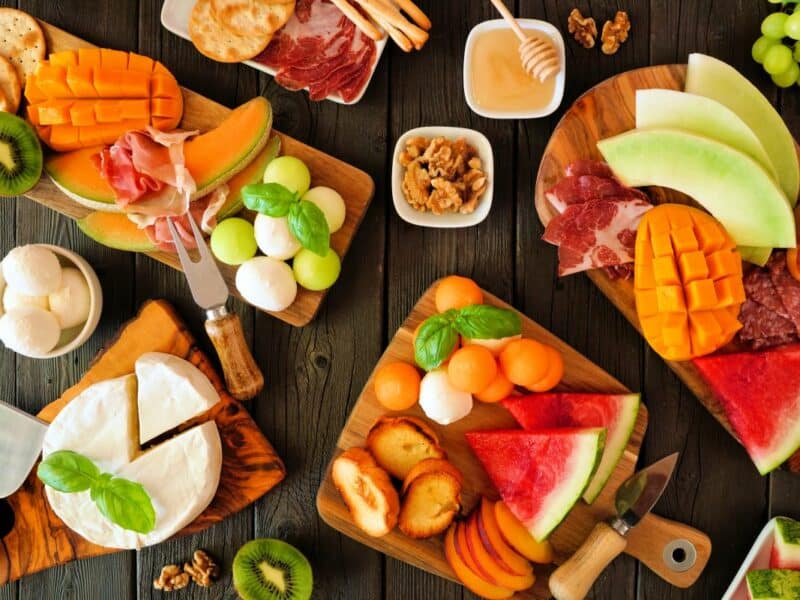
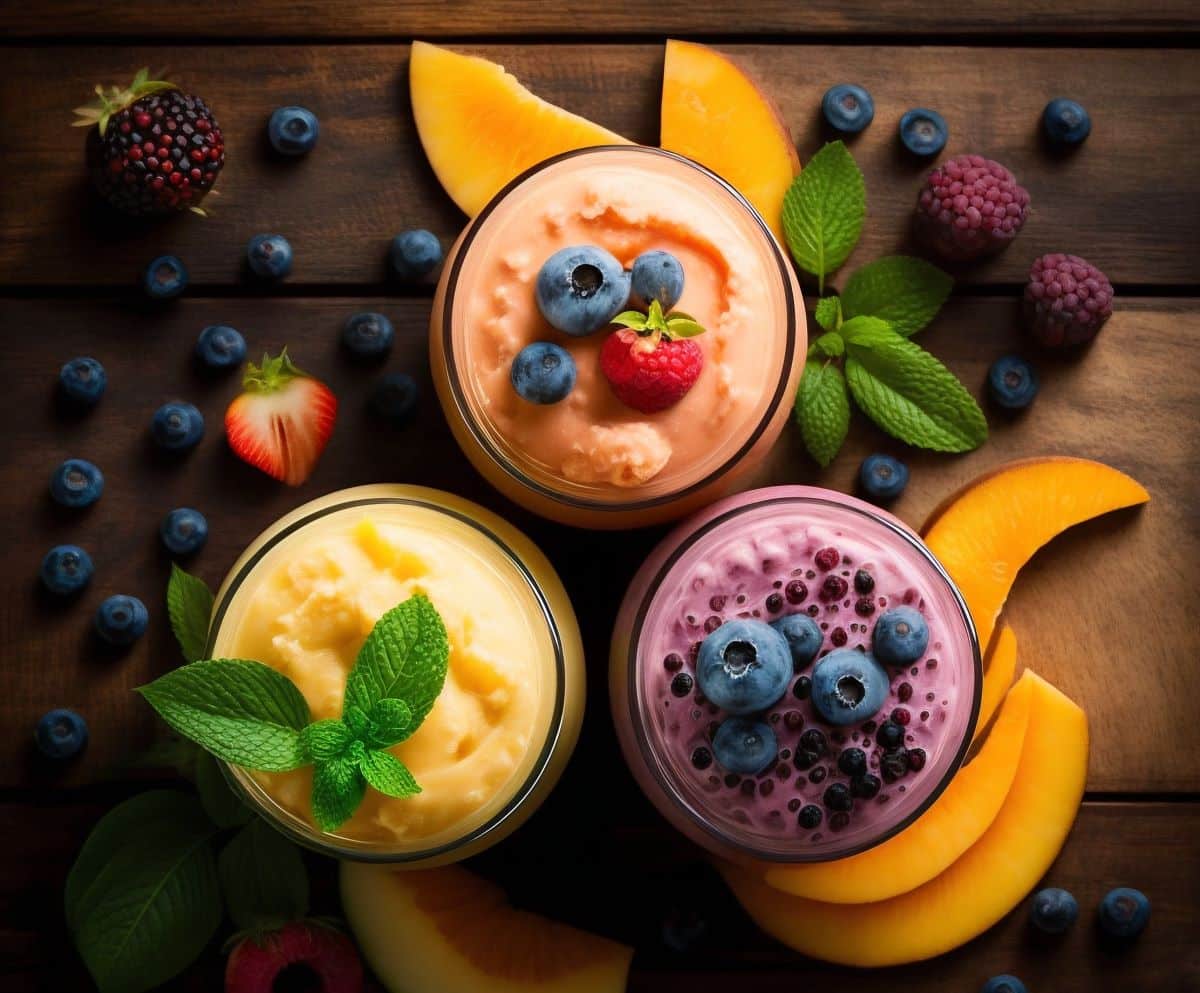
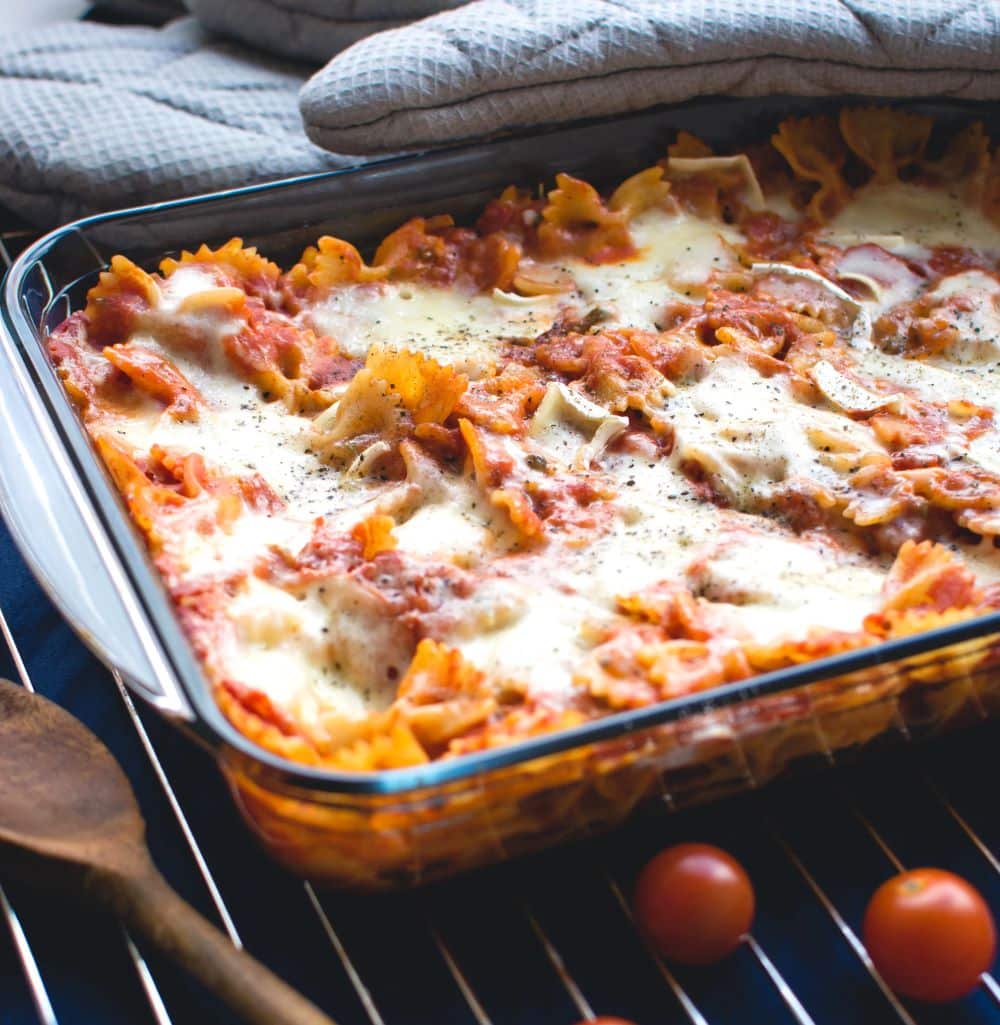
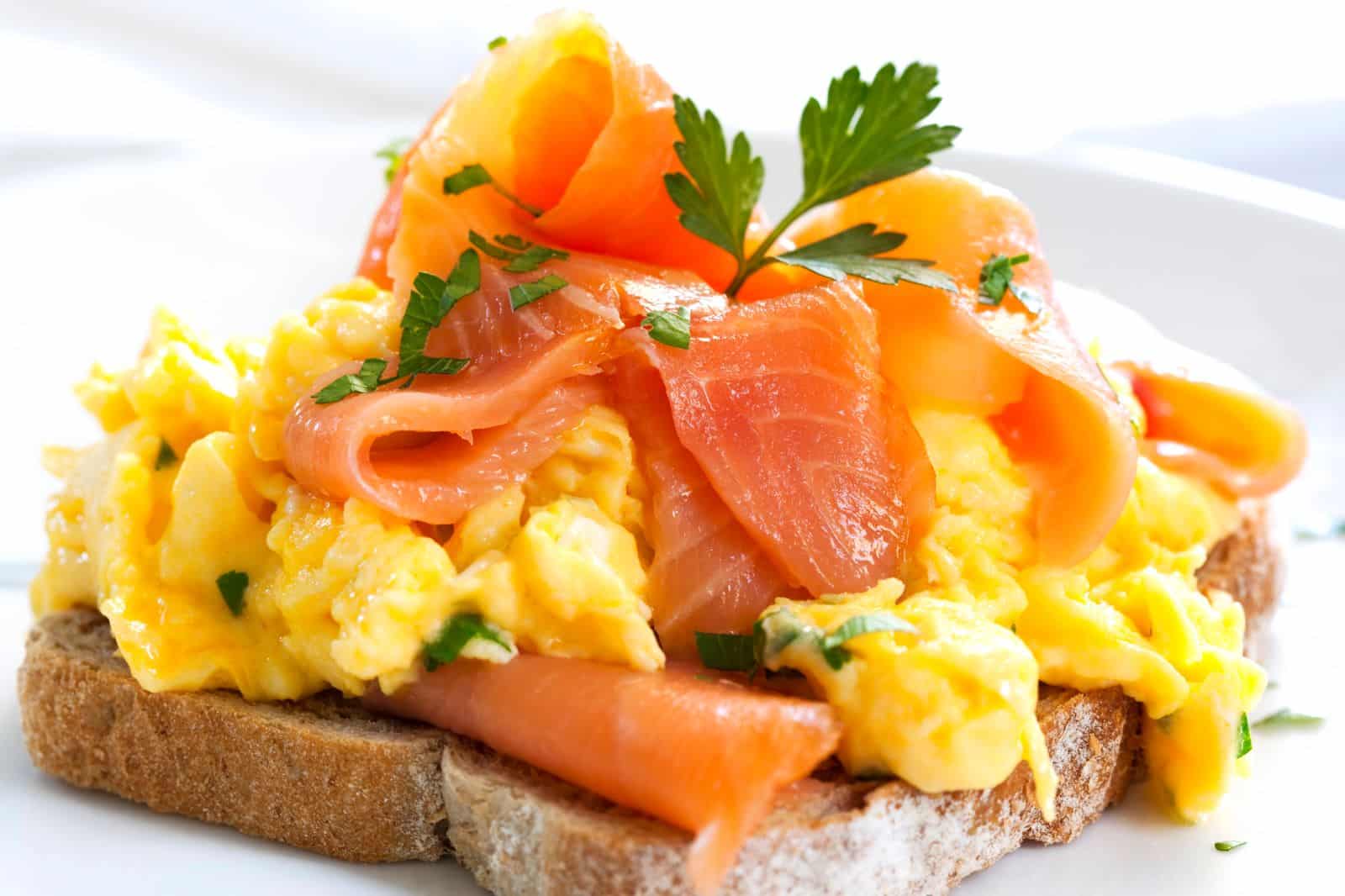
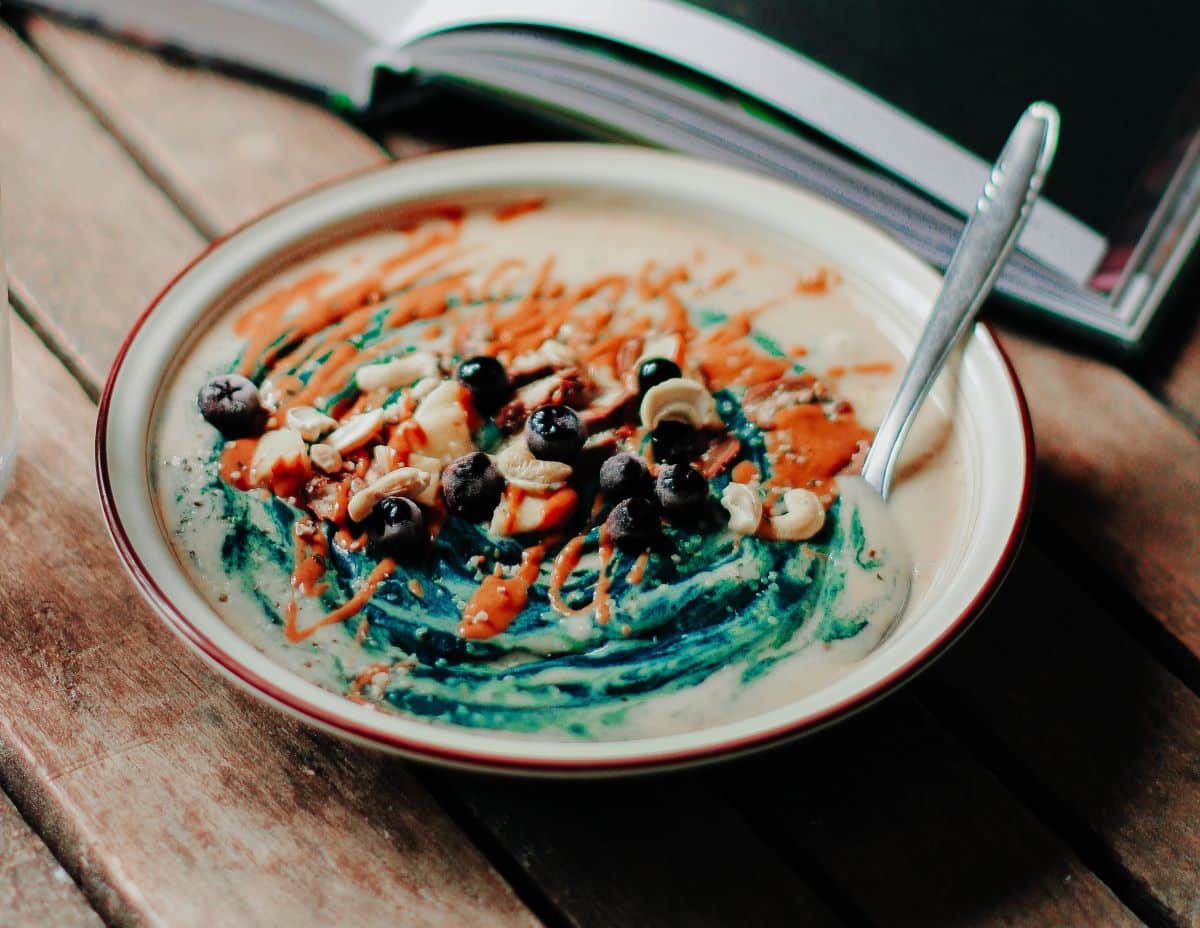
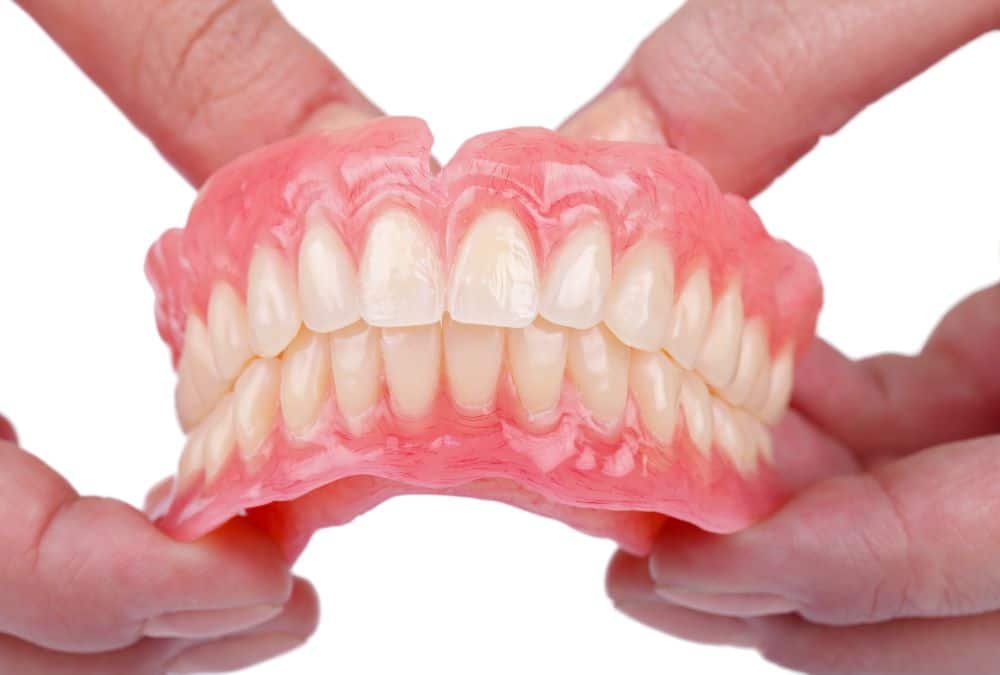
 The Art Of Dentures: Hamilton’s Exclusive Ivoclar BPS® Expertise
The Art Of Dentures: Hamilton’s Exclusive Ivoclar BPS® Expertise
